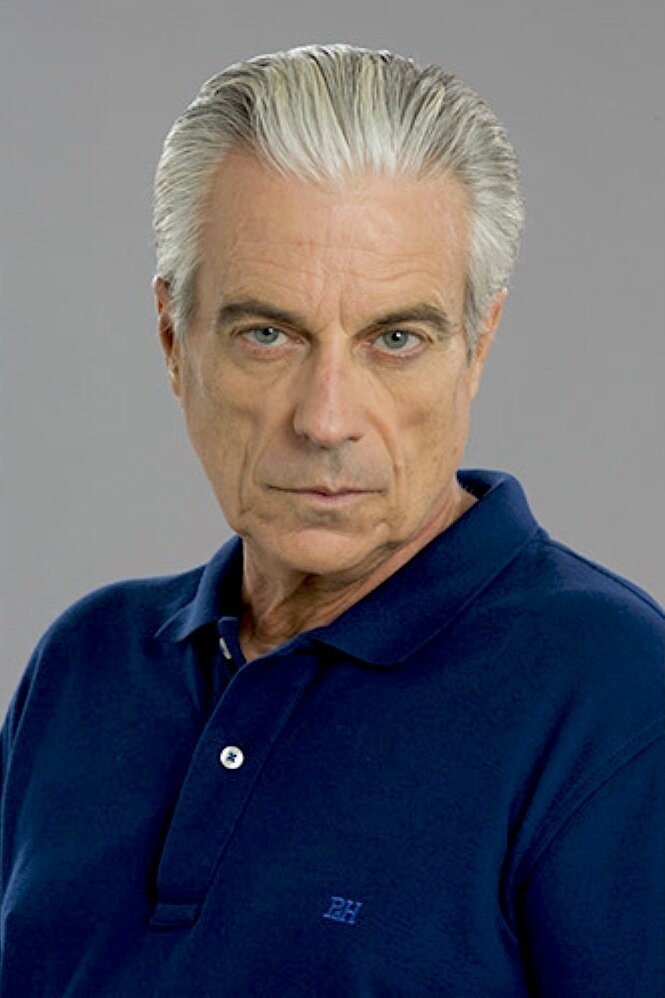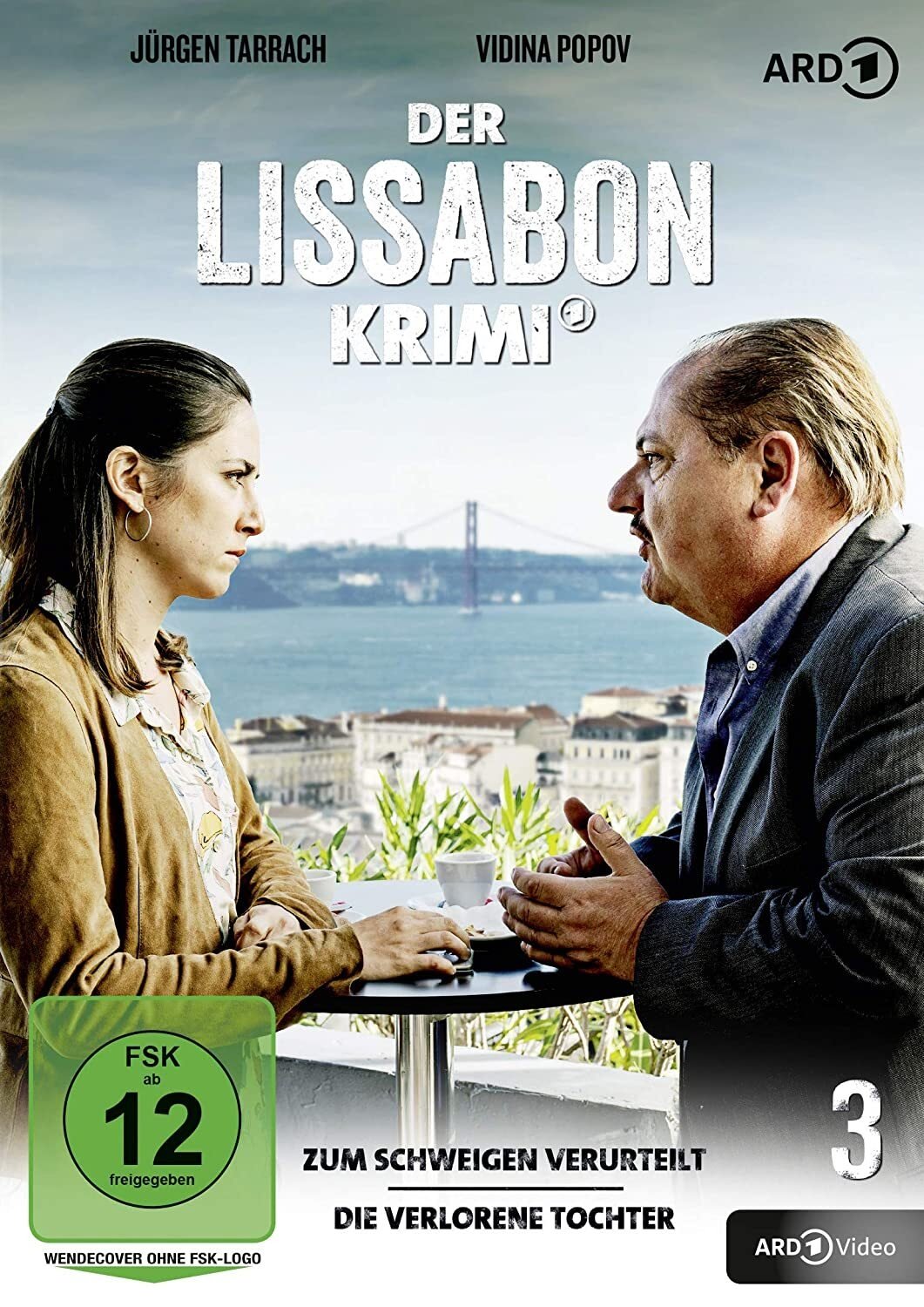

Luís Lucas was born on June 19, 1952 in Lisbon, Portugal. He is an actor, known for Dina e Django (1981), A Hora da Liberdade (1999) and Até Amanhã, Camaradas (2005).



Fernando Pessoa, one of the greatest writers in Portuguese, created...